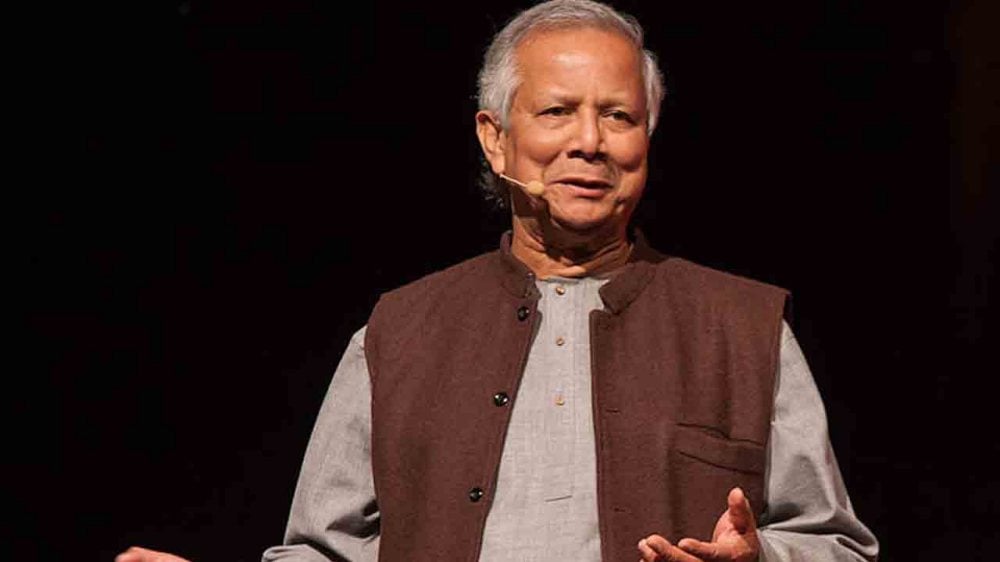
An interim government is to be formed in Bangladesh after the political turmoil that has been going on for the last several days. Nobel laureate Muhammad Yunus has been chosen to lead the interim government in Bangladesh. This decision was taken during a meeting at Banga Bhawan (President's House) chaired by the country's President Mohammad Shahabuddin.
The protesters accepted the decision
The protesting students have accepted the proposal of Mohammad Yunus to lead the interim government. The leaders of the groups leading the reservation movement and the chiefs of the three armed forces were present at the meeting. Mohammad Yunus, known as the 'banker of the poor' for his work in fighting poverty, was the first choice of the protesting students as the chief advisor of the interim government.
Teaching economics at Chittagong University
Yunus was teaching economics at Chittagong University in 1974 when Bangladesh was hit by a famine. Thousands of people died in this famine. The opportunity to help people came when Yunus met a woman in a village near the university who had taken a loan from a moneylender. The loan was small but in return the lender got the right to buy anything at a fixed price.
Yunus said in his Nobel Prize acceptance speech, 'For me it was a way of recruiting slaves.' Then he found 42 people who borrowed a total of $27 from the moneylender and lent him their money. Its success inspired him to give more loans. Yunus said, 'I was surprised by the results I got after giving the loan. Every time the poor paid the interest on time.
received the Nobel Prize in 2006
Muhammad Yunus was born on 28 June 1940. He is a Bangladeshi economist, banker, social entrepreneur and civil society leader. In the year 2006, he founded the Rural Development Bank. The Nobel Prize was awarded in 2006 itself. He was awarded the Presidential Medal of Freedom in 2009 and the Congressional Gold Medal in 2010.
Establishment of Gramin Bank for farmers
Yunus studied economics from Chittagong University in Bangladesh from 1961 to 1965. He then obtained a PhD in economics from Vanderbilt University. He then founded Grameen Bank and started micro-credit to enrich farmers in Bangladesh. He also formed a political party named Nagrik Shakti in 2007. Apart from this, he was also sentenced to 6 months in jail for violating labor laws.
 look news india
look news india